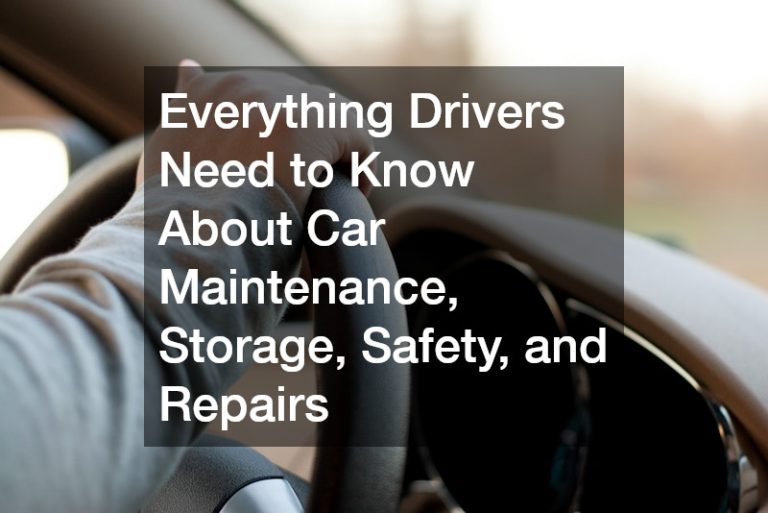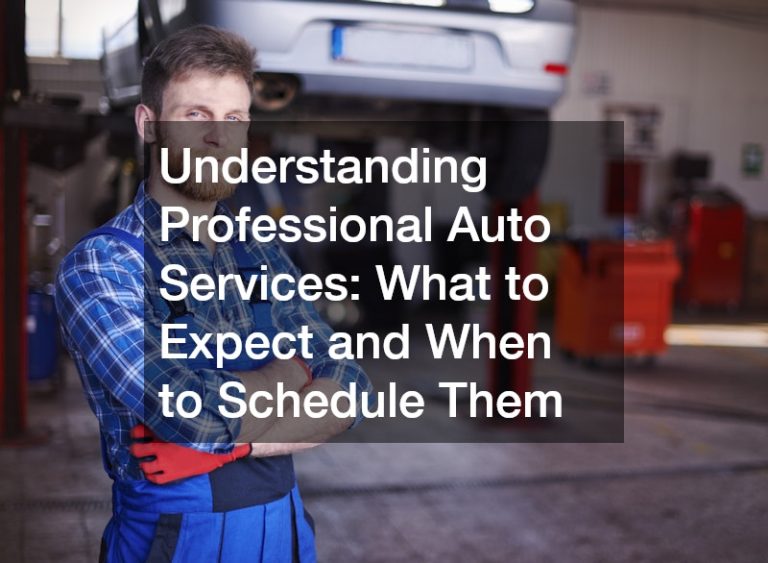


If your business involves heavy equipment such as tractors or earth movers, there’s a solid chance that that heavy machinery is a sizable portion of your assets. You can’t conduct your business without them, but they are also very very expensive to replace if they broke down. To keep your investment chugging along as long as possible, read through our list of tips, below:
Four Simple Tips for Keeping Your Heavy Machinery Happy
- Planned maintenance is everything.
As the saying goes, an ounce of prevention is worth an pound of cure. Spending a little money to make sure that your heavy machinery is properly maintained will help you avoid breakdowns that will set you back thousands and thousands of dollars. From the get-go, review the recommended planned maintenance for your heavy equipment, and follow it as if it’s the eleventh commandment that Moses brought down from Mount Sinai.
In addition to making sure that you stay on top of planned maintenance for your heavy equipment, you should also keep good records of the maintenance that you perform on any specific part on your heavy equipment. This is important for your own operations, as well as if you ever decide to sell your heavy machinery down the road. Additionally, if any of your parts have a manufacturer’s warranty on them, you’ll need to verify that the equipment has been maintained properly in order for it to be valid. - Keep your equipment clean.
One of the most common reasons that a serious problem arises with a piece of heavy machinery is that dirt or debris got lodged in it, and destroyed it. It’s not hard to imagine this happening, since the entire function of your heavy equipment is to move dirt and debris. Most of your critical parts have wear bars and covers and other protective measures to keep dirt out, but you make their job difficult if you never clean your heavy machinery.
Make it a standard practice to thoroughly clean your heavy machinery on a regular basis. This will reduce the likelihood of a tiny piece of dirt infiltrating the exterior armor of your asset and bringing the beast to its knees. Ideally at the end of each shift, but if that is not practical, you should at least clean your heavy equipment between jobs. - Understand your grouser bar sizes.
Having the right grouser bar sizes is a key ingredient in giving the thousands of pounds of machinery (and the Earth or equipment they are responsible for moving) traction in mud and slippery or soggy spots. When you have the wrong grouser bar sizes, the motor of your heavy machinery has to work in overtime to get the job done. This quickly wears out critical parts on your asset. When those critical parts break down, it costs lots and lots of money (and down time) to get them going again. Avoid this by understanding the proper grouser bar sizes that you should use given the size of your equipment, and the type of terrain you’re working in.
While we’re on the subject of grouser bars, you should stay on top of maintaining your grouser bar tracks and replacing the grouser bar material as recommended by the manufacturer, or they wear out. Whichever comes first. They say to work smart, not hard. Having adequate grousers on your equipment enables it to work smart, not hard. - Make sure your staff is task trained before they operate your heavy equipment.
Another very common reason that heavy machinery reaches an untimely death is because they were operated improperly. This isn’t just important for the sake of your heavy equipment; it is an enormous safety risk. No amount of money in the world can replace a human life that was lost because of improper heavy machinery usage.
You should ensure that anyone who operate your equipment, and anyone who works in an area where your equipment is operated, are properly trained on how to use it, to prevent unnecessary breakdowns or injuries.
Your heavy equipment is likely most expensive asset you own, and also the bread and butter of your entire operation. You need it to be able to withstand the test of time. Following this list will help you get the most bang for your heavy equipment investment buck.



